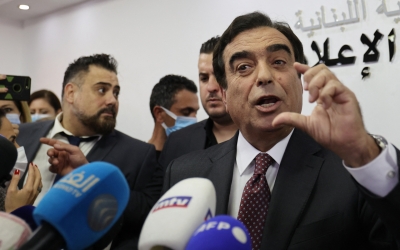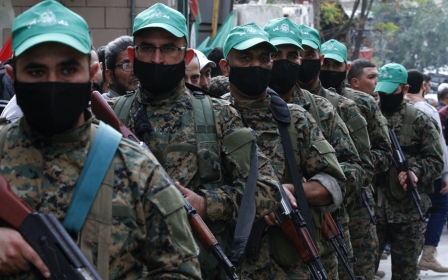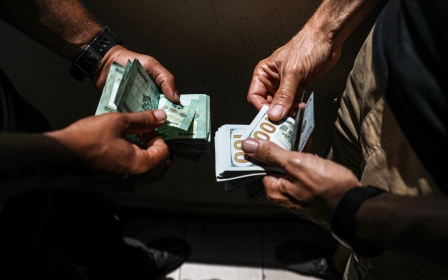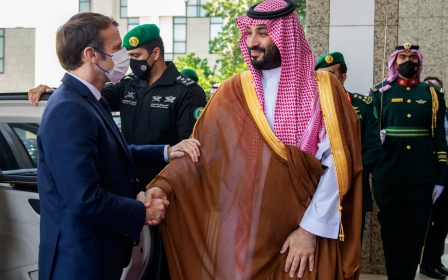Lebanon to deport Bahrain opposition members
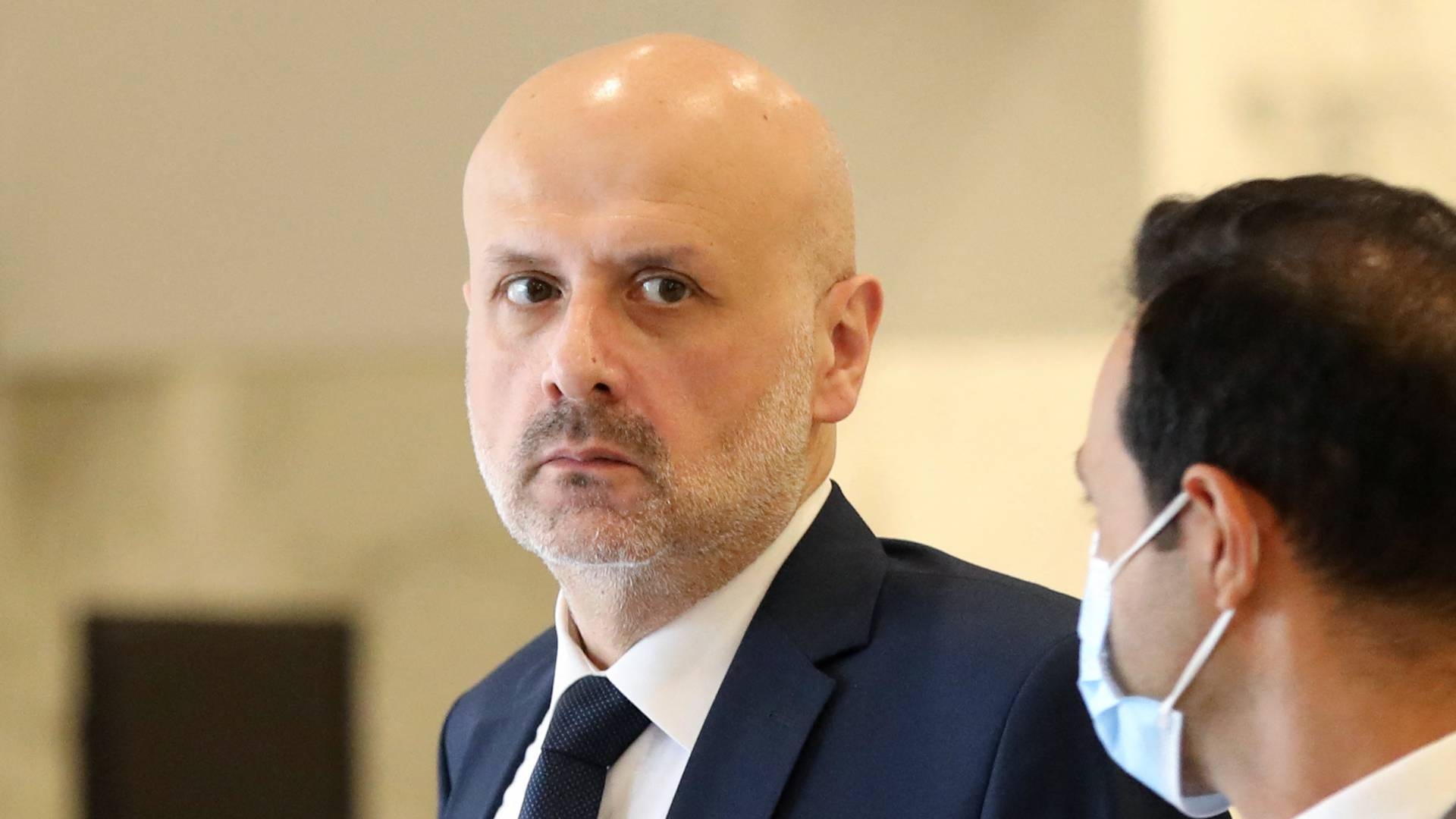
Lebanon on Wednesday ordered the expulsion of non-Lebanese Bahraini opposition figures after they held a press conference criticising the Gulf kingdom, where the group is banned.
Interior Minister Bassam Mawlawi on Wednesday directed security officials "to take the measures necessary to expel from Lebanon the non-Lebanese members" of al-Wefaq, which was Bahrain's leading opposition party until the judiciary dissolved it in 2016.
Last week al-Wefaq held a press conference in Beirut during which it released a report detailing what it said were human rights abuses in Bahrain from 2019 to mid-2021.
In response, Bahrain's government denounced "the promotion of malicious allegations and causing harm to the Kingdom of Bahrain", Lebanon's National News Agency (NNA) said.
On Tuesday, the Gulf Cooperation Council condemned the news conference and said it was held by "a terrorist organization with support from the terrorist Hezbollah".
Bahrain's interior minister, Sheikh Rashid bin Abdullah al-Khalifa, had earlier on Wednesday called Mawlawi to tell him that events such as the al-Wefaq news conference and former Lebanese information minister George Kordahi's comments "harm Lebanon and its people", a statement from Bahrain's interior ministry said.
Al-Wefaq reportedly has close links with the Lebanese Shia movement Hezbollah.
In 2011, as the Arab Spring swept the region, a mainly Shia protest movement took to the streets of Bahrain to demand an elected government, briefly threatening the Sunni monarchy's grip on power before a deadly crackdown.
Al-Wefaq was later dissolved over allegations including "harbouring terrorism".
Diplomatic row
Bahrain rejects accusations of rights violations and denies any discrimination against its Shia citizens.
In early December, Kordahi, Lebanon's information minister, resigned after comments he made - critical of the Yemen war - sparked one of the biggest diplomatic rows between Lebanon and Saudi Arabia in years.
Saudi Arabia, as well as Kuwait, Bahrain and the UAE, responded to Kordahi's comments by recalling their ambassadors from Beirut. Before being appointed to the government, Kordahi had said Houthi rebels fighting the Saudi-led coalition in Yemen were acting in self-defence and "weren't attacking anyone".
Riyadh also subsequently blocked Lebanese imports and Kuwait said it would limit visas issued to Lebanese citizens, prompting fears for the interests of millions of Lebanese expatriates living in Arab states of the oil-rich Gulf.
The stand-off was a fresh blow to Lebanon, which is in the grips of a crippling economic crisis and whose government was only formed in September after a 13-month deadlock.
A severe financial crisis has led the Lebanese lira to depreciate by more than 90 percent, and the 2020 Beirut port blast devastated the capital.
Middle East Eye delivers independent and unrivalled coverage and analysis of the Middle East, North Africa and beyond. To learn more about republishing this content and the associated fees, please fill out this form. More about MEE can be found here.


